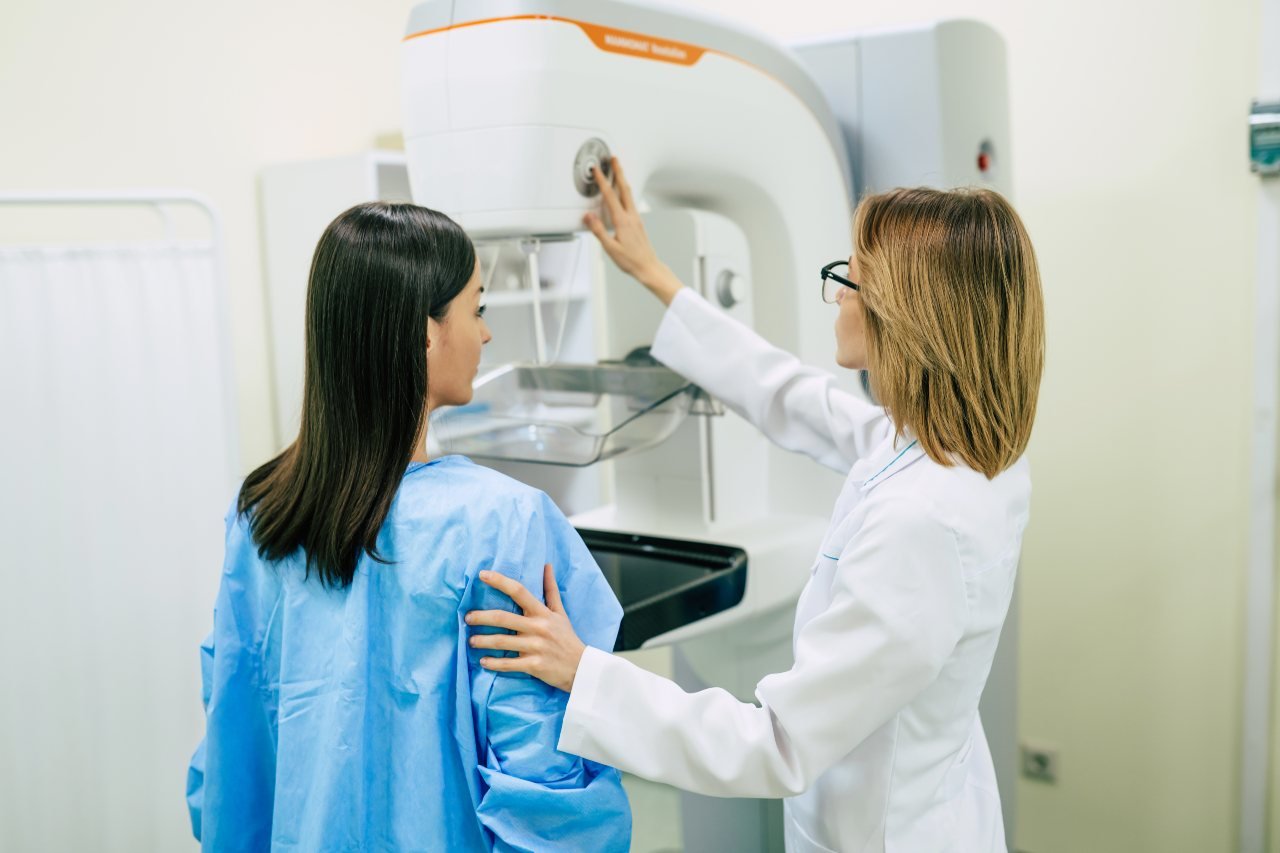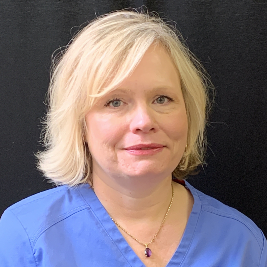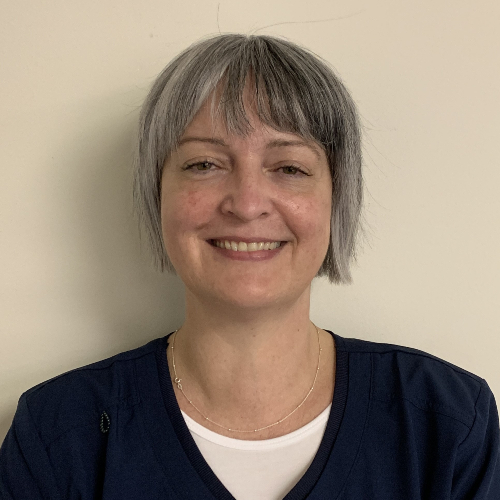Women’s health is a dynamic, lifelong journey that evolves as you transition through different stages of life. From the excitement and challenges of adolescence to the wisdom and experience of the golden years, each phase comes with its own set of health considerations. Having a trusted general practitioner (GP) by your side can make all the difference in how you navigate this journey.
Innova Primary Care hopes that we can be of service to you in this arena. We serve the entire person mind, body, and soul and we do this by reforming healthcare from the inside out. We have two offices in our area, one in Huntsville and the other in Madison. We offer a multitude of services and now have our own in-house lab making bloodwork and testing so much easier for our clients.
In this post, we’ll explore why having a GP is crucial for women’s health, the importance of age-appropriate screenings, and how to effectively communicate with your GP about your health needs.

The Role of a GP in Women’s Health
First things first: what exactly is a GP? Your GP is a medical professional who is trained to care for patients of all ages and genders, managing everything from common illnesses to chronic conditions. They’re your go-to person for general health concerns, preventive care, and the coordination of specialized treatments. For women, a GP plays an essential role in managing the many health issues that arise throughout life.
When it comes to women’s health, your GP is more than just someone you see when you’re sick. They’re your health partner, someone who gets to know you and understands your personal and family health history. This ongoing relationship is key to managing your health effectively because it allows your GP to spot trends, identify risk factors, and provide personalized care.
Why Having a GP Matters for Women’s Health
So why is having a GP so important, especially for women? Here are a few reasons that highlight the critical role a GP plays in maintaining and enhancing women’s health:
- Consistency and Continuity of Care: A GP who knows your medical history can provide continuous care, which is particularly important as women’s health needs change over time. Whether it’s tracking menstrual cycles, managing pregnancies, or helping with menopause, having a GP who is familiar with your history ensures you receive consistent care.
- Holistic Approach: Women’s health is influenced by a variety of factors, including hormonal changes, lifestyle, mental health, and family history. A GP looks at the whole picture, not just isolated symptoms, which is crucial for providing comprehensive care. For example, if you’re dealing with stress-related issues, your GP can help you explore how it might be affecting your physical health, such as your menstrual cycle or sleep patterns.
- Preventive Care: Prevention is better than cure, and a GP plays a pivotal role in helping you stay ahead of potential health problems. They’ll remind you when it’s time for important screenings, help you stay up-to-date with vaccinations, and provide advice on lifestyle changes that can reduce your risk of chronic diseases.
- Building a Trusted Relationship: Over time, as you build a relationship with your GP, it becomes easier to talk about sensitive or intimate health issues. Whether it’s concerns about sexual health, contraception, fertility, or menopause, having a trusted GP means you have someone who listens, understands, and provides non-judgmental support.
Age-Appropriate Screenings for Women
Screenings are a vital part of preventive care, helping to catch potential health issues early when they’re most treatable. The screenings you need will change as you age, so it’s important to stay informed about what’s recommended for your specific age group. Here’s a breakdown of key screenings to consider at different stages of life:
In Your 20s and 30s
- Pap Smear: Cervical cancer is one of the most preventable types of cancer, thanks to regular Pap smears. Starting at age 21, women should get a Pap smear every three years to screen for abnormal cells in the cervix that could lead to cancer. If you’re over 30, your GP may recommend combining your Pap smear with an HPV test, which screens for the human papillomavirus, the virus that can cause cervical cancer.
- STI Testing: If you’re sexually active, regular testing for sexually transmitted infections (STIs) is important for your reproductive health. Your GP can help you decide which tests are appropriate based on your sexual activity, partners, and any symptoms you may be experiencing. Remember, some STIs don’t show symptoms right away, so regular testing is crucial.
- Breast Exams: While mammograms usually aren’t recommended until age 40, it’s important to start getting into the habit of regular breast self-exams in your 20s. Your GP can teach you how to perform these exams and discuss when you should start getting clinical breast exams.
- Mental Health Check-Ins: Mental health is an important aspect of overall well-being, especially for women in their 20s and 30s who may be juggling careers, relationships, and family planning. Regular check-ins with your GP about your mental health can help catch issues like depression or anxiety early on.

In Your 40s and 50s
- Mammograms: As you enter your 40s, it’s time to start thinking about mammograms. Current recommendations say that women of average risk need to begin yearly screening at the age of 40. This timeline may differ for you depending upon your family history so be open and honest with your GP about your familial history. These screenings are key for detecting breast cancer early, when it’s most treatable. Depending on your family history and other risk factors, your GP may recommend starting annual or biennial mammograms in your early 40s.
- Bone Density Test: Women begin to lose bone density as they approach menopause, which can increase the risk of osteoporosis. A bone density test, typically recommended starting at age 50, can help assess your risk and guide your GP in recommending treatments or lifestyle changes to protect your bones.
- Cholesterol and Blood Pressure Monitoring: Heart disease is the leading cause of death for women, so it’s crucial to monitor your heart health. Regular cholesterol and blood pressure checks are particularly important as you get older, especially if you have a family history of heart disease or other risk factors like smoking, diabetes, or high blood pressure.
- Diabetes Screening: The risk of developing type 2 diabetes increases with age, particularly if you have a family history or other risk factors like obesity or a sedentary lifestyle. Your GP may recommend regular blood sugar tests to monitor your risk and help you manage any early signs of diabetes.
- Colon Cancer Screening: Starting at age 45, it’s recommended to get screened for colon cancer. Your GP can discuss the various screening options, including stool tests, sigmoidoscopy, or colonoscopy, and help you decide which is best for you based on your risk factors.
In Your 60s and Beyond
- Continued Mammograms: Even as you age, regular mammograms remain important for catching breast cancer early. Your GP will guide you on how often you should continue screening based on your overall health and any new risk factors that may arise.
- Bone Density Monitoring: As the risk of osteoporosis increases with age, your GP may recommend more frequent bone density tests to monitor your bone health and adjust your treatment plan as needed.
- Eye Exams: Aging increases the risk for eye conditions like cataracts, glaucoma, and macular degeneration. Regular eye exams can help catch these issues early, preserving your vision and quality of life.
- Hearing Tests: Hearing loss is common in older adults, but it’s often overlooked. Regular hearing tests can help detect any issues early and allow you to explore treatment options like hearing aids.
- Cognitive Health: Cognitive decline is a concern as we age, so it’s important to discuss any changes in memory, thinking, or mood with your GP. Early detection of conditions like Alzheimer’s or other forms of dementia can lead to better management and support.
Talking to Your GP About Your Health
It’s one thing to know what screenings and tests you need, but it’s another to have open and productive conversations with your GP about your health. Here are some tips to help you make the most of your GP visits:
- Be Honest and Open: Your GP is there to help you, not judge you. It’s important to be completely honest about your symptoms, lifestyle habits, and any concerns you have. This includes discussing things that might feel embarrassing, like sexual health, bowel habits, or mental health issues.
- Prepare for Your Appointment: If you have multiple health concerns, it can be helpful to prepare a list before your appointment. This ensures you don’t forget anything important and helps you make the most of your time with your GP.
- Ask Questions: Don’t hesitate to ask questions if you’re unsure about something. Whether it’s understanding a diagnosis, learning about treatment options, or getting clarity on a test result, asking questions will help you feel more informed and in control of your health.
- Discuss Your Family History: Your family’s medical history can provide important clues about your own health risks. Make sure your GP is aware of any significant family history, especially when it comes to conditions like heart disease, cancer, or diabetes.
- Talk About Your Mental Health: Mental health is just as important as physical health, so don’t hesitate to bring up any concerns you have about stress, anxiety, depression, or other mental health issues. Your GP can provide support, recommend therapy, or prescribe medication if needed.
- Follow Up: If your GP recommends a test or treatment, make sure to follow up on it. This includes attending any follow-up appointments, taking prescribed medications as directed, and keeping your GP informed about how you’re feeling.
The Bottom Line
Your health is one of your most valuable assets, and having a trusted GP by your side can make all the difference in how you manage it. From navigating the complexities of women’s health issues to staying on top of preventive care, your GP is your partner in maintaining your well-being throughout every stage of life. So don’t hesitate to reach out, ask questions, and take an active role in your health. After all, you’re your own best advocate, and with the right support you can tackle your healthcare needs.
Here at Innova Primary Care we understand the needs of caring for women throughout their lifespans. We want to partner with you to advocate and provide for your healthcare needs.



 About
About

 About
About About
About About
About
 About
About About
About

 About
About About
About About
About About
About











